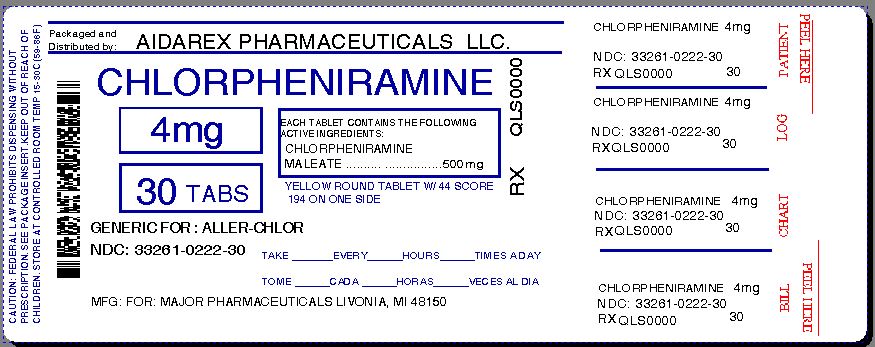
Allergy | Chlorpheniramine Maleate Tablet while Breastfeeding
What is Allergy | Chlorpheniramine Maleate Tablet used for?
Brief: Antihistamine
What are the risk associated with Allergy | Chlorpheniramine Maleate Tablet usage while breastfeeding? What precautions shall I take while using it in breastfeeding?

Allergy | Chlorpheniramine Maleate Tablet Breastfeeding Analsys
Chlorpheniramine maleate while Breastfeeding
Low RiskCAS Number: 132-22-9
First generation antihistaminic and alchylamine drug, with sedative effect. Its active isomer is Dexchlorfeniramine. Likely inhibition of lactation within the first weeks post delivery because anti-prolactin effect.. Short-term and low dose (2 mg one or twice-day) treatment is compatible with breastfeeding. Be aware of somnolence in the child. For long-term treatment an alternative drug should be preferred. Compounds in association with expectorants, corticoids and cough relief medicines are available. Avoid drug associations especially while breastfeeding. Follow-up for sedation and feeding ability of the infant. Bed-sharing is not recommended for mothers who are taking this medication.
Allergy | Chlorpheniramine Maleate Tablet Breastfeeding Analsys - 2
Chlorpheniramine maleate while Breastfeeding
CAS Number: 132-22-9
Small (2 to 4 mg), occasional doses of chlorpheniramine are acceptable during breastfeeding. Larger doses or more prolonged use might cause effects in the infant or decrease the milk supply, particularly in combination with a sympathomimetic such as spseudoephedrine or before lactation is well established. Single bedtime doses after the last feeding of the day may be adequate for many women and will minimize any effects of the drug. The nonsedating antihistamines are preferred alternatives, though.
What should I do if I am breastfeeding mother and I am already exposed to Allergy | Chlorpheniramine Maleate Tablet?
During whole lactation period you shall first discuss with your doctor and then together you shall decide whether you shall take that drug or not however if you have already taken Allergy | Chlorpheniramine Maleate Tablet then you shall inform your doctor, But you should not be worried too much as Allergy | Chlorpheniramine Maleate Tablet comes in category of low risk drug.
My health care provider has asked me to use Allergy | Chlorpheniramine Maleate Tablet, what to do?
Allergy | Chlorpheniramine Maleate Tablet comes in category of low risk and if your doctor is aware that you are breastfeeding it should be ok to use
If I am using Allergy | Chlorpheniramine Maleate Tablet, will my baby need extra monitoring?
Not much
Who can I talk to if I have questions about usage of Allergy | Chlorpheniramine Maleate Tablet in breastfeeding?
US
National Womens Health and Breastfeeding Helpline: 800-994-9662 (TDD 888-220-5446) 9 a.m. and 6 p.m. ET, Monday through Friday
UK
National Breastfeeding Helpline: 0300-100-0212 9.30am to 9.30pm, daily
Association of Breastfeeding Mothers: 0300-330-5453
La Leche League: 0345-120-2918
The Breastfeeding Network supporter line in Bengali and Sylheti: 0300-456-2421
National Childbirth Trust (NCT): 0300-330-0700
Australia
National Breastfeeding Helpline: 1800-686-268 24 hours a day, 7 days a week
Canada
Telehealth Ontario for breastfeeding: 1-866-797-0000 24 hours a day, 7 days a week
